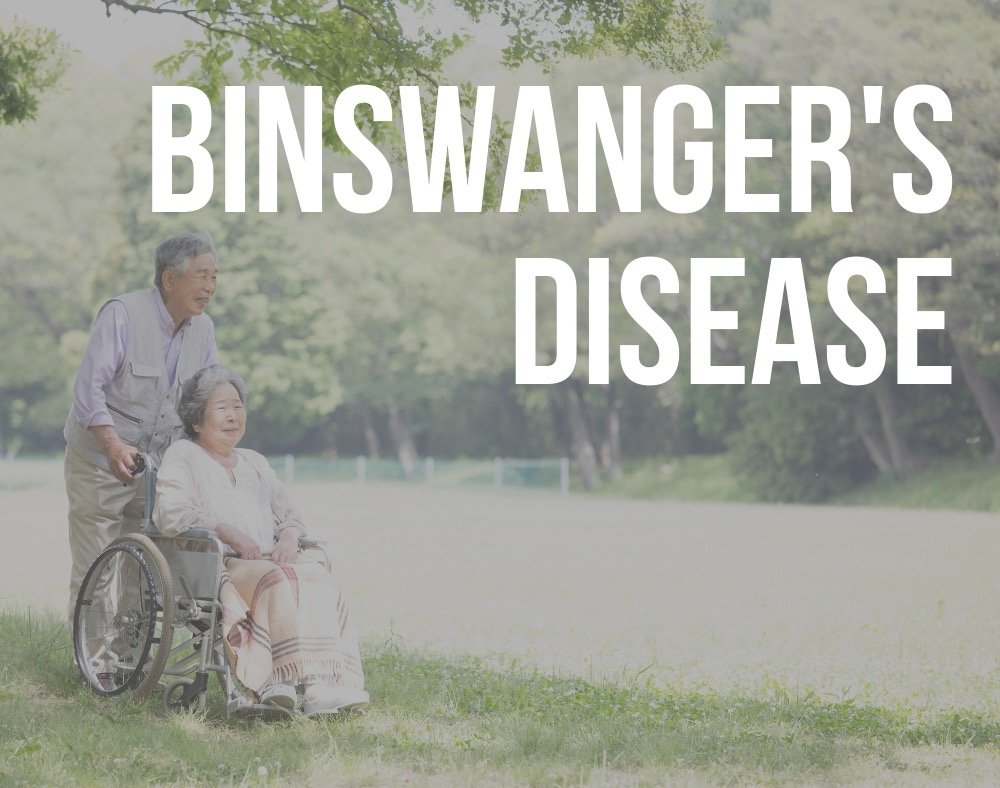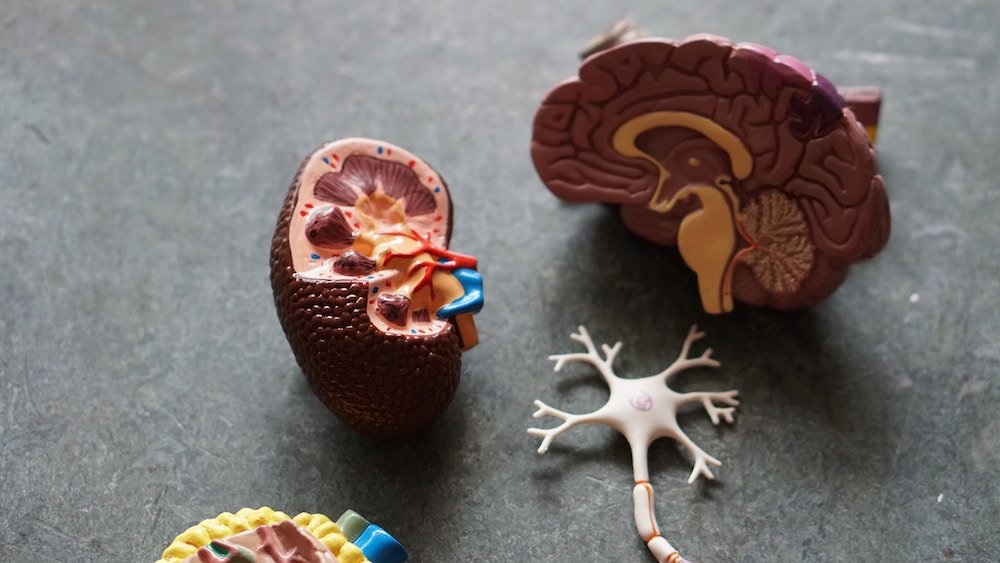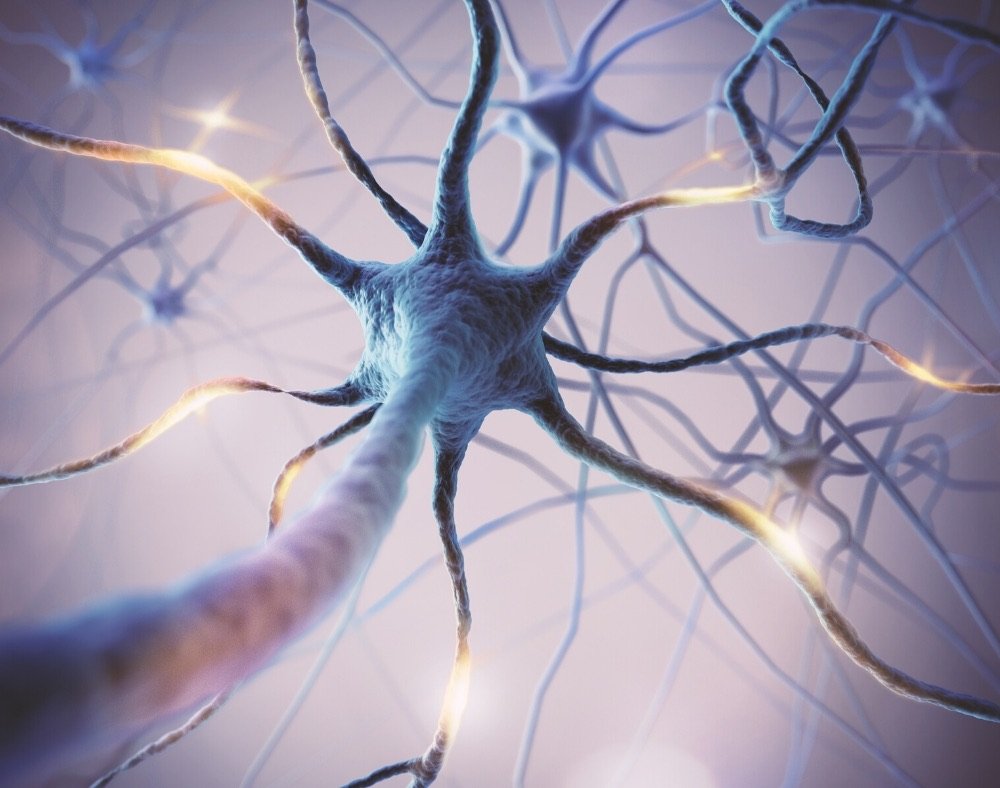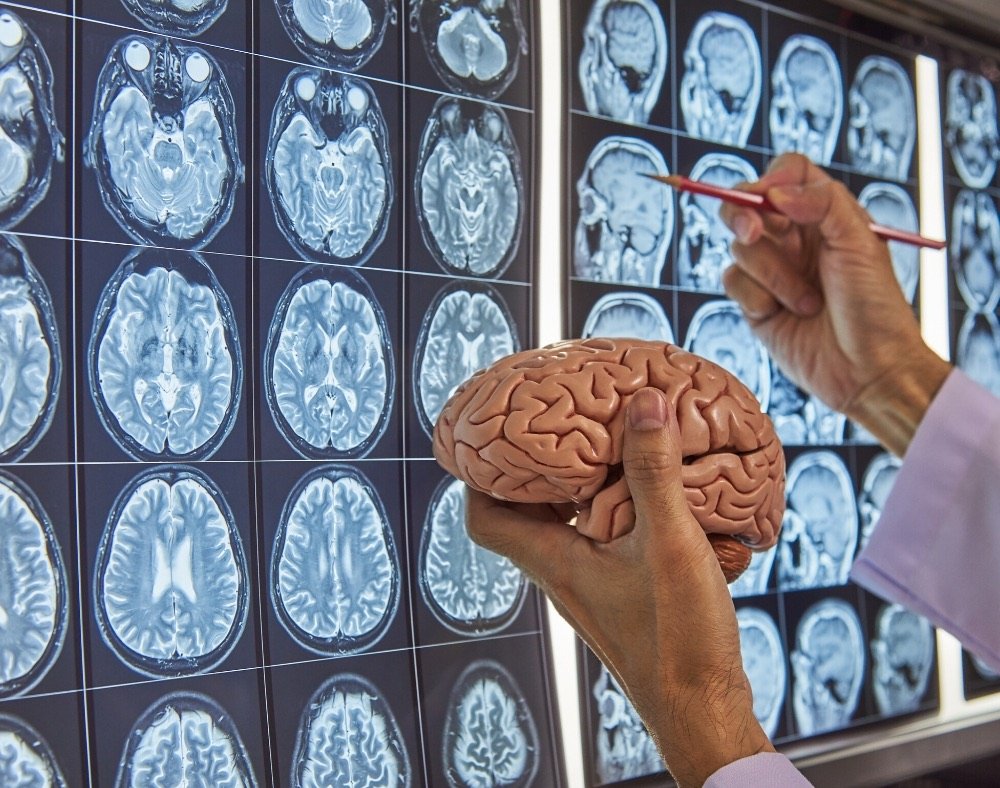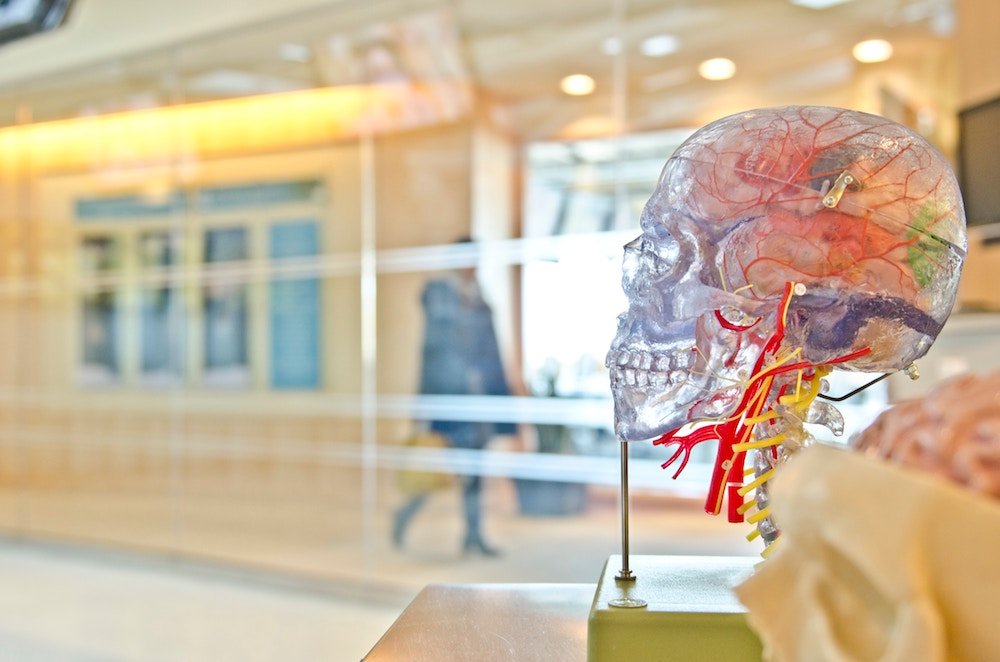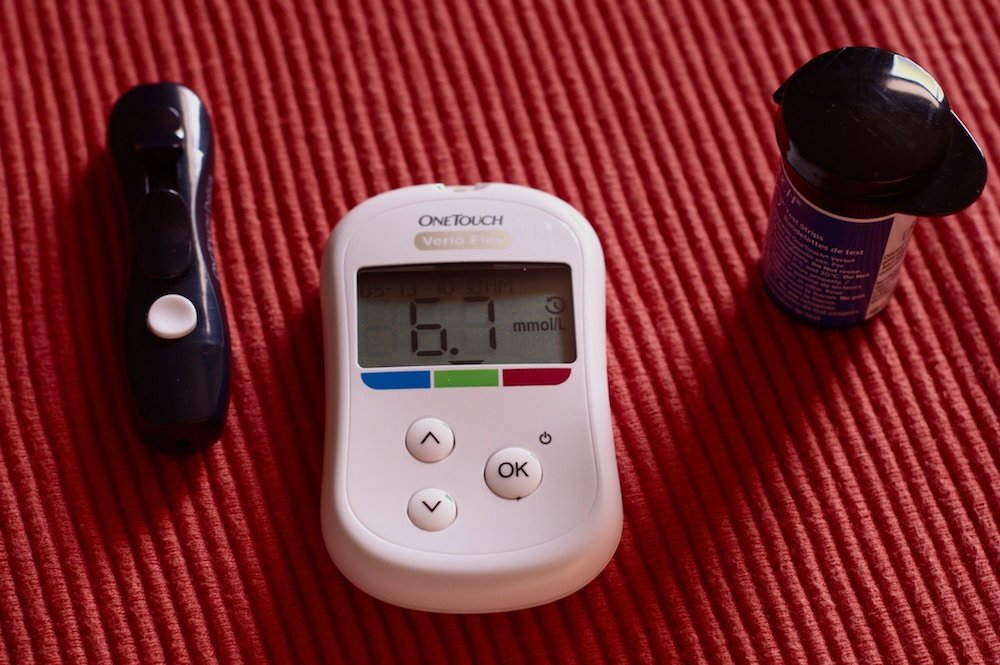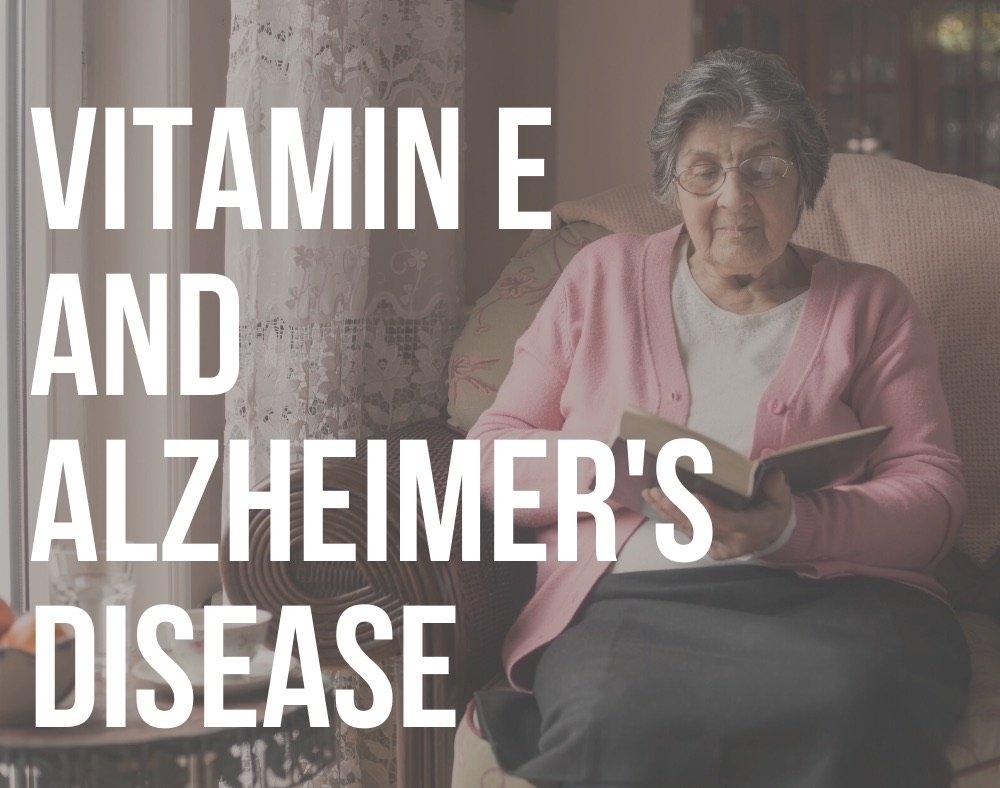Several studies about chocolate and dementia reveal that it is beneficial for persons with the illness to consume chocolate.
One, in particular, explains that flavanols, a strong antioxidant present in chocolate, can reduce dementia risk by increasing blood flow to the brain and protecting brain cells.
Note that this is not just any other chocolate that you can pick off the shelf. We are speaking about dark chocolate, which is rich in cocoa (the bitter one and not the sugary alternative).
Experts recommend the consumption of dark chocolate because it is rich in flavonoids that protect the brain from oxidative stress.
The study that Mars funded involving 91 participants is not the only study with this conclusion.
Can Chocolate Relieve Dementia?
Let’s look at other studies that talk about the benefits of chocolate for those with dementia, as well as the persons who have not developed the disease.
A Study on Drinking Hot Chocolate

A group of researchers from Harvard revealed that drinking two cups of hot cocoa every day helps to boost memory and could prevent dementia.
Professor of psychiatry and aging, Dr. Gary Small, explains that there was a limit on cocoa consumption because it is possible to get too much even when it is a good thing.
Taking too much cocoa means that a person will gain too many calories, which is not healthy for the brain.
Back to the study, it was concluded that drinking cocoa everyday causes an 8% improvement in the way blood flows to the brain.
The study had 60 participants who did not have dementia with an average age of 73.
The volunteers consumed two cups of hot chocolate without consuming any other form of chocolate.
The experts were studying their thinking skills and memory. Those involved underwent ultrasounds to measure the flow of blood to the brain.
A majority of the volunteers recorded impaired blood flow to the vital body organ (brain). In the end, however, there was an 8.3% improvement in blood flow specifically to the brain’s working areas.
Within a month, the group also experienced enhanced working memory with scores of between 167 to 116 seconds.
To get accurate results in their quest to identify the link between chocolate and dementia, half of the participants were taking flavanol-poor hot cocoa, while the rest were consuming hot cocoa rich in flavanol.
This did not create any differences in terms of results.
The persons with regular blood flow at the beginning of the study did not experience any improvements. This is one of the studies that show it is not only dark chocolate that people should consume but the beverage as well.
Chocolate Offers a Calming Effect on Persons with Dementia

A new study on chocolate and dementia states that chocolate has a calming effect, especially for people who are in the last stage of dementia.
This is found in the AMDA (The Medical Director’s Association) publication. The article references a nurse in a nursing home in Phoenix, AZ, who was carried chocolate to offer agitated residents.
The explanation for this is that chocolate also contains caffeine, a neuro stimulant that increases neurotransmitter levels to enhance executive function and memory.
Starving Early Memory Decline Signs with Dark Chocolate

A different study published in Frontiers in Nutrition shows that taking dark chocolate regularly is mostly beneficial for people who have started to show signs of memory decline or mild cognitive impairment.
The study teaches people that individuals who eat chocolate every day have a better ability to process speed, memory, and attention spans.
A study from Columbia University Medical Centre conducted in 2014 also confirms that dietary cocoa flavanols reverse age-related memory decline in healthy seniors.
This was published in Nature Neuroscience. It offers direct evidence that a single component of memory decline related to age is a result of changes in a particular section of the brain.
The conclusion is that dietary intervention can improve this type of memory decline.
Benefits of Dark Chocolate for the Elderly

One more study on chocolate and dementia divulges that the benefits of taking dark chocolate daily are more prominent in elderly people.
Daily intake improved mental function, but this was subtle for the younger participants. Other factors that improved after taking dark chocolate include verbal fluency, attention, working memory, and processing speed.
Closing Thoughts
Other than flavanols, chocolate also contains several minerals like potassium, magnesium, and calcium. These are important for the brain and overall body health.
All these studies have opened up a conversation about chocolate and dementia.
This is because more intensive work still needs to be done to pinpoint the link between blood flow problems, cocoa, and cognitive decline.
While a cocoa-based treatment would be much welcome, it is still too early to jump on this option until scientists and other involved parties give it the green light.
Hopefully, researchers and other experts can speed this up so that people can know if it is true that chocolate can prevent or treat dementia.















